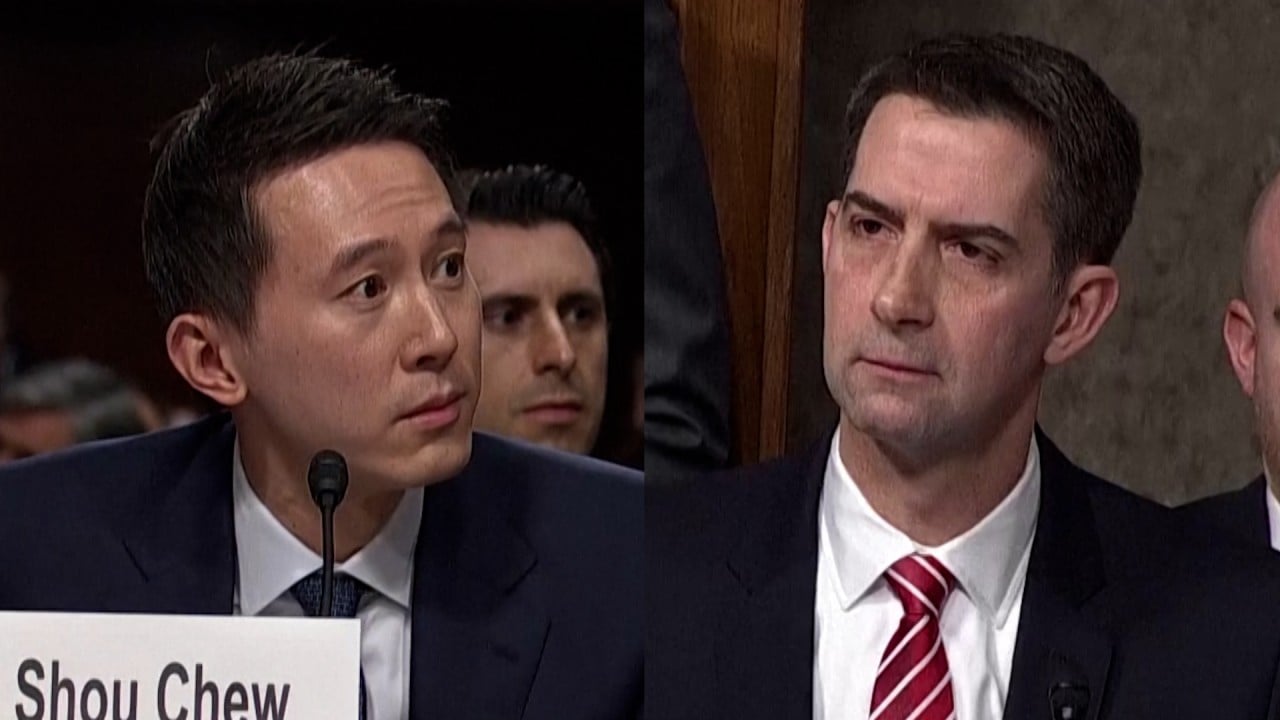
TikTok’s US lawsuit gets Chinese state media support as ByteDance looks to avoid ban of its flagship app
- Xinhua, China Daily and others ran articles on Wednesday supporting TikTok and ByteDance’s lawsuit against the US government
- TikTok was caught off guard by a fresh effort to ban the app or force a sale, which rapidly gained momentum this year and was signed in to law last month
Echoing arguments that TikTok made in its legal challenge, Xinhua said the law “is raising concerns about constitutional rights and the principle of fair competition being violated”.
China may soon allow Tesla to test robotaxis in the country, China Daily reported on Wednesday. The move “again demonstrates the Chinese government’s positive stance on opening further” to foreign business, while the US is showing signs of “rising trade protectionism”, the newspaper said.
US government scrutiny of TikTok, a regular feature of Washington for years now, rapidly escalated in March when the company was caught off guard by a new bill that the House passed and later tied to US$95-billion in foreign aid, including funding for Ukraine, Israel and Taiwan, before sending it to the Senate. President Joe Biden signed it into law on April 24.
The law gives ByteDance 270 days – until January 19, 2025 – to find a buyer for the app. If it does not divest, Apple’s App Store and Google Play will be forced to remove it.
The Chinese tech giant has tapped American law firm Covington & Burling to fight the law. The firm helped block a statewide TikTok ban in Montana last year.
China’s Ministry of Commerce has repeatedly said that it would oppose a forced sale of TikTok, the first Chinese app to find major success overseas. In 2020, Beijing updated its rules governing exports to include technology that likely covers the recommendation algorithms that drive TikTok’s success.
A divestiture “is simply not possible: not commercially, not technologically, not legally”, TikTok and ByteDance wrote in their legal petition.


